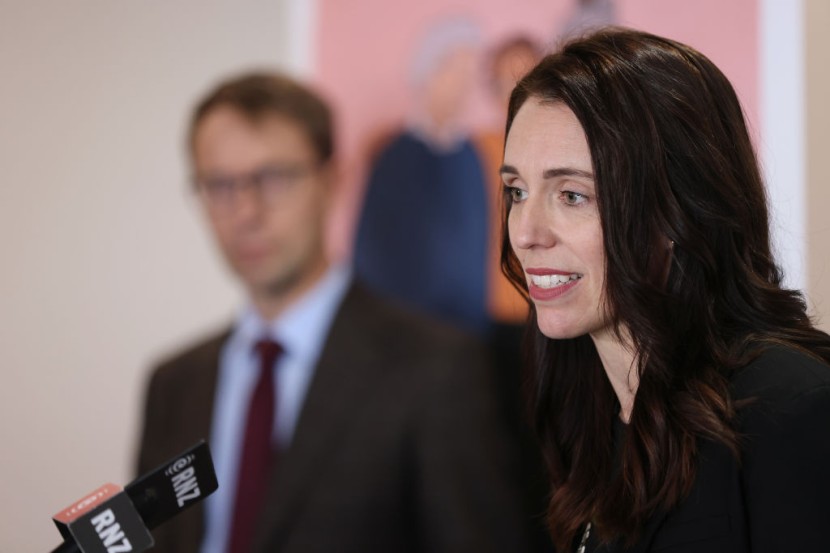
The New Zealand government announced on Thursday that the country could soon reopen its borders and allow international travelers into the region after it has relatively had a successful battle against the COVID-19 pandemic.
Government authorities also said the country would delay the second dose of the Pfizer coronavirus vaccine to prioritize first shots of people who have not yet been inoculated. The decision was made amid the surge of coronavirus cases worldwide and the threat of the Delta variant.
International Travel
Since the beginning of the pandemic, New Zealand has been able to mostly keep the virus in check and avoid a major outbreak. Residents in the country have been able to return to a relatively normal life. There have only been 26 reported fatalities among the region's five million population since the health crisis began. The primary cause of victory was closing the borders to people who were not residents or citizens, NPR reported.
However, many are still doubtful of the safety of New Zealand and if it is able to maintain a zero-tolerance approach to the coronavirus once it resumes international travel. In a statement, Prime Minister Jacinda Ardern said the country's government planned to strictly follow expert advice and recommended elimination strategies.
The official said that while the pandemic continues to spread worldwide and is still changing and mutating, the best thing for the region is to lock in the gains achieved while keeping its options open. Ardern reassured that international borders would not open until New Zealand achieved its target vaccine rollout by the end of the year. The country has had a relatively slower rollout compared to other developed nations but has since accelerated its programs.
New Zealand would begin accepting international travelers during the first quarter of next year, Ardern said, noting officials would conduct the process on a carefully managed basis. She said that fully vaccinated individuals traveling from low-risk countries will not be required to quarantine, CNN reported.
Success in Combatting the COVID-19 Pandemic
However, the country's government has not yet announced which countries are considered as low, medium, or high risk. The nation also planned to bring vaccination timelines forward and revealed a trial program that would allow returning travelers to self-isolate at home between October and December this year.
Before the coronavirus pandemic, more than three million international travelers visited New Zealand each year, as tourism was one of the country's most successful industries. Chris Roberts, chief executive of Tourism Industry Aotearoa, said it was important for the region to have a road map so that all businesses, including tourism operators, can plan for the future and make informed decisions, the New York Daily News reported.
Additionally, Ardern said the government would be increasing the gap between shots of the Pfizer coronavirus vaccine from three weeks to six weeks. She also announced that the country's border workers and elderly residents have already been fully vaccinated against the COVID-19. The prime minister said that it was crucial to have at least the entire population partially vaccinated against the infection.
Related Article: Father Kills Son and Daughter Who Had "Serpent DNA" Using Spearfishing Gun, Cites Enlightenment from QAnon








